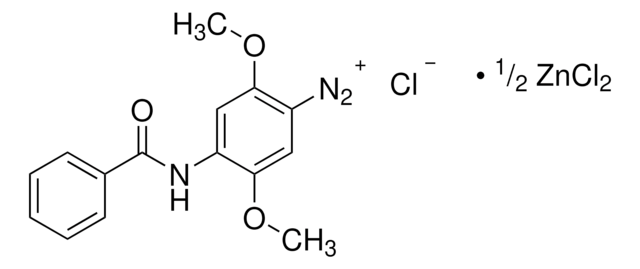S5770
Citrate Concentrated Solution
BioReagent, suitable for coagulation assays, 4 % (w/v)
Synonym(s):
Sodium citrate solution
About This Item
Recommended Products
sterility
aseptically filled
Quality Level
product line
BioReagent
form
liquid
concentration
4 % (w/v)
suitability
suitable for coagulation assays
storage temp.
2-8°C
SMILES string
[Na+].[Na+].[Na+].OC(CC([O-])=O)(CC([O-])=O)C([O-])=O
InChI
1S/C6H8O7.3Na/c7-3(8)1-6(13,5(11)12)2-4(9)10;;;/h13H,1-2H2,(H,7,8)(H,9,10)(H,11,12);;;/q;3*+1/p-3
InChI key
HRXKRNGNAMMEHJ-UHFFFAOYSA-K
Looking for similar products? Visit Product Comparison Guide
Application
Biochem/physiol Actions
Storage Class Code
10 - Combustible liquids
WGK
WGK 1
Flash Point(F)
Not applicable
Flash Point(C)
Not applicable
Certificates of Analysis (COA)
Search for Certificates of Analysis (COA) by entering the products Lot/Batch Number. Lot and Batch Numbers can be found on a product’s label following the words ‘Lot’ or ‘Batch’.
Already Own This Product?
Find documentation for the products that you have recently purchased in the Document Library.
Customers Also Viewed
Our team of scientists has experience in all areas of research including Life Science, Material Science, Chemical Synthesis, Chromatography, Analytical and many others.
Contact Technical Service







